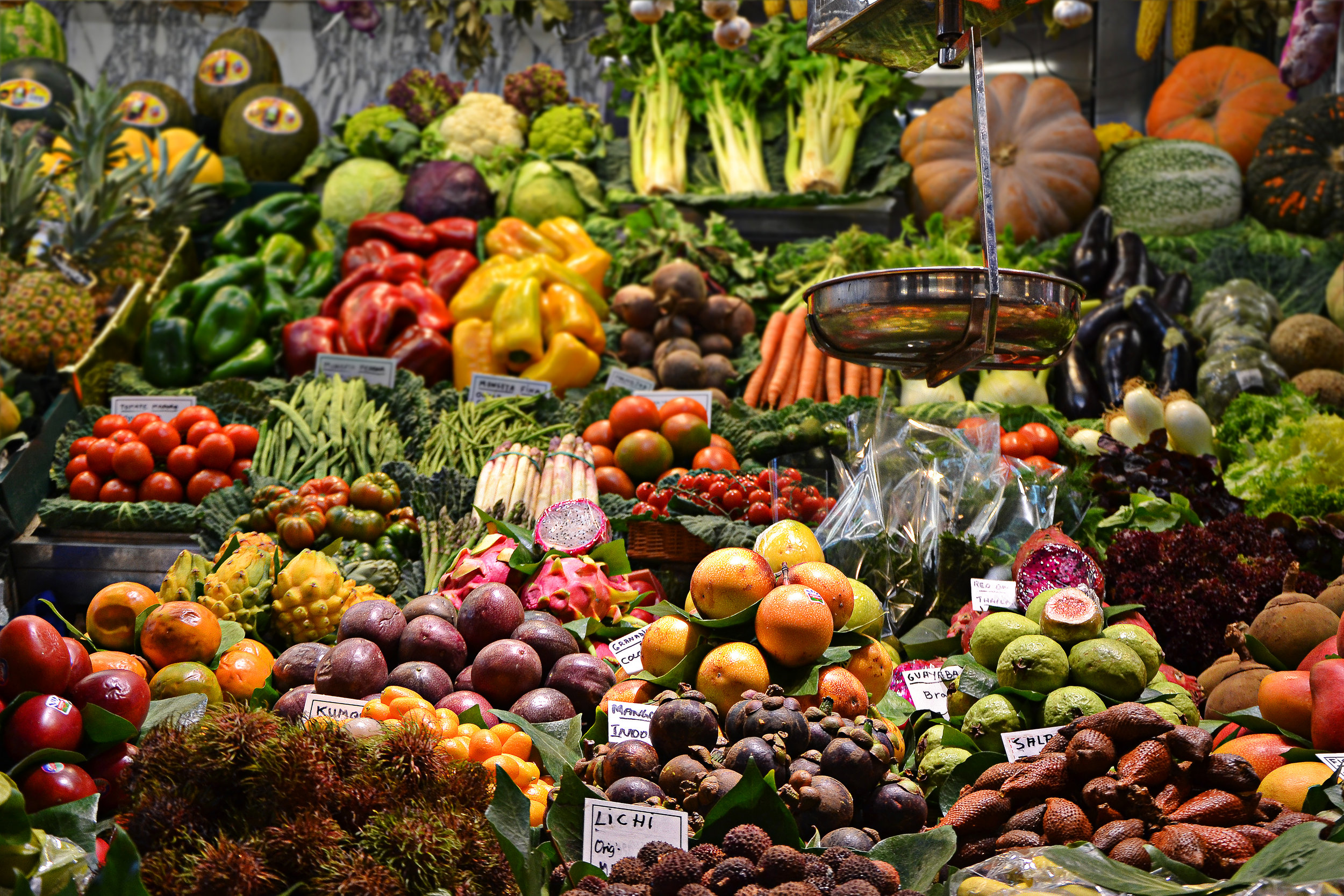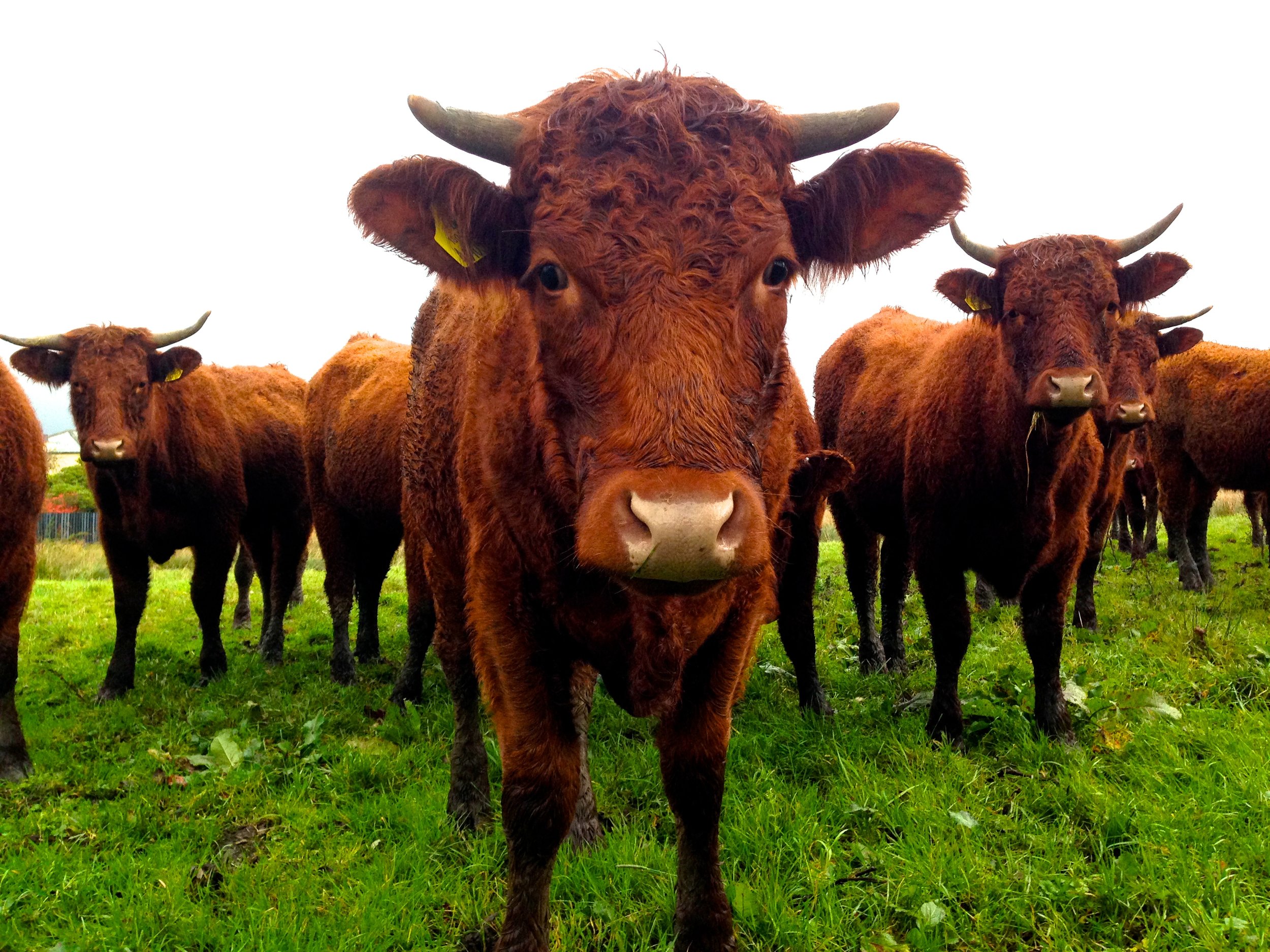-Contributed by IHC’s Health and Wellness Coach Kelley Gilbert
I’m sure by now most of you have heard of “Meatless Monday,” the concept of not eating meat on Monday. Where did this idea come from and how has it spread in the U.S- the home of the quarter pounder and bacon-obsessed nation? Is this some hippie conspiracy trying to take over this beef loving nation? Even Martha Stewart has begun to label some of her meals as “Meatless Monday,” surely Martha hasn’t gone vegetarian on us. So what’s the deal? The idea is actually not a vegan conspiracy (if it was, they surely would have gone for more than just one day, right??) and is one that aims to help our environment and improve your health at the same time.

How Meatless Monday Helps the Environment: You may be wondering what eating meat has to do with the environment. Let’s take a look. First, raising cattle requires an enormous amount of water each day. Giving up only one pound of beef in a year saves approximately the same amount of water as if you stopped showering for six months!!! (No that’s not a typo, you read that right.) Most cattle are also fed corn and an adult consumes about 25 pounds of corn each day. Each bushel of corn they eat is treated with about 1.2 gallons of oil based fertilizer which translates to a loss of fossil fuel energy. Furthermore, roughly 70% of the lands in the western national forests are used for cattle grazing to feed our beef hungry nation. Brazil has lost 150,000 square kilometers (an area larger than Greece) of forest and since 1970 600,000 square kilometers of the Amazon rain forest have been destroyed. The leading cause of Amazon deforestation is cattle ranching. Time magazine published a study which stated that 30% of the world’s ice free surface is used for supporting chicken, pigs, and cattle that are being raised for food production. Throw in the extraordinarily energy intensive processes for the processing, transporting, refrigerating or freezing of meat and you have yourself one fossil fuel drenched calorie when it comes to meat consumption. The Union of Concerned Scientists list meat-eating as the second biggest environmental hazard facing the earth (the first being fossil fuel vehicles). The concern is growing and getting the attention of many. The Netherlands just came out with a new food guide based on sustainability and recommends eating meat only two times a week.

How Meatless Monday Improves Your Health: For many people, Meatless Mondays mean vegetable-based meals. In the U.S. the majority of people do not get enough vegetables in their diet despite the fact that fruit and veggies should make up about 50% of our caloric intake. Taking meat out of our diet for a day makes us more likely to consume more vegetables and if you partake in Meatless Monday you should try to make sure you do replace meat with vegetables and not pasta and breads. Meatless Monday also helps us rethink what a meal looks like and makes us more likely to try healthy options we would not have thought of entertaining before. Advocates of Meatless Monday also claim going meatless once a week may reduce your risk of chronic preventable conditions like cancer, cardiovascular disease, diabetes, and obesity.

The Take Away: You do not have to give up meat entirely in order to be an environmentally friendly consumer and I am not necessarily suggesting that anyone should. First, try out Meatless Monday and be conscious of the amount of meat you consume in a day. Second, when you do purchase meat try and purchase it from local farmers and make sure it is grass-fed and certified organic. Finally, keep in mind that a serving size of meat should be about the size of your fist.




